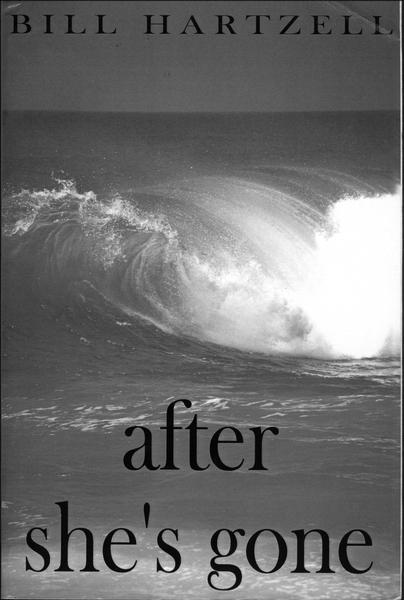Every so often, there are romance stories, or dramas that deal with the tragic death of a beloved spouse or some other significant other. Usually the stories deal with the other partner who is in mourning and having difficulty returning to the social scene. Sometimes that main character prefers not to get involved with another person, because they are being faithful to the spouse or partner that they cared for a great deal. Unlike some good dramas, Bill Hartzwell’s After She Is Gone does not come even close to scratching the surface of this topic.
The book is a contemporary view of the difficulties associated with losing a spouse, and follows the central character’s slow and clumsy approach to re-entering the social mainstream. Bill, who happens to be a blue-collar Philadelphian in his mid-forties, clings to the memories of his deceased wife, until Lannie comes into the picture. A professional Afican-American woman. Lannie begins to break through the brick wall that surrounds Bill, and slowly helps him let go of the past. First, she has to help change Bill’s personal checklist of acceptable parameters involving love. A developing task that proves to be a tragedy waiting to happen.
In many ways, the book is slow and difficult to get through. It is pretty much one-dimensional and dry, like some of Richard Des Russeaux’s columns in Snitch Magazine. If nothing else, the book would qualify as a story for The Amanda Show on Nickelodeon, in a sappy, boring comedy skit. It’s shocking to learn that a former officer of the United States Air Force would write something as dry and unentertaining as this.
If you want better entertainment or a better book to read, avoid this novel and concentrate on the works of Shakespeare or Ben Bova. Those are clearly better choices in literature, than this.






